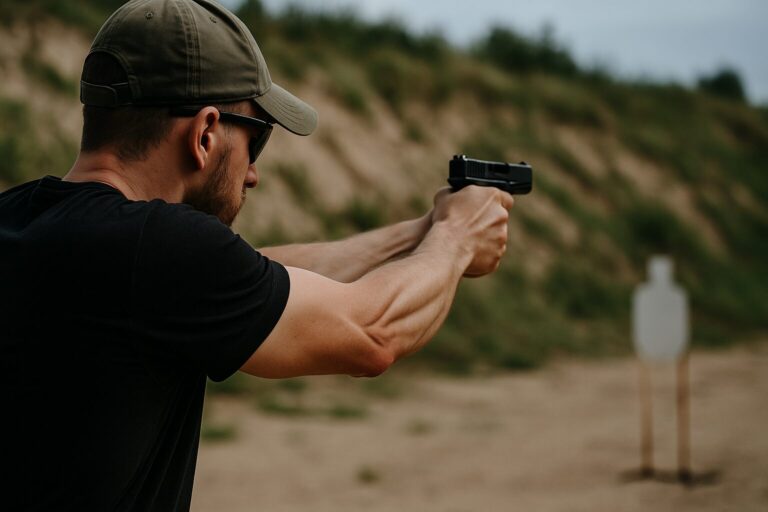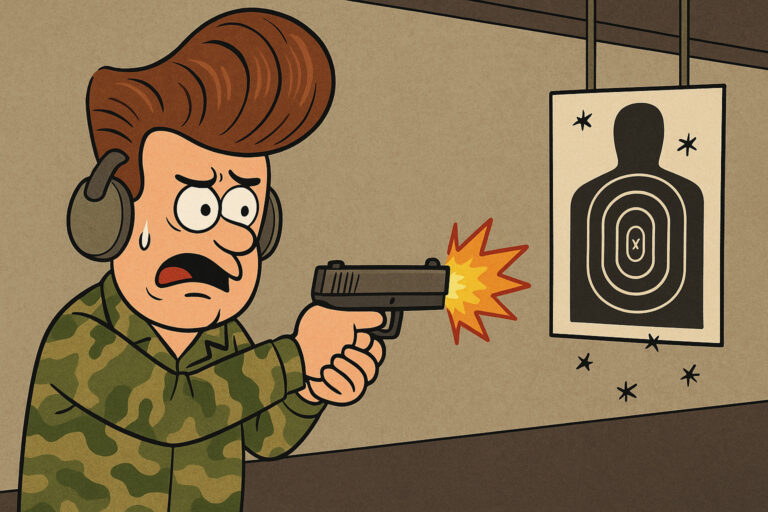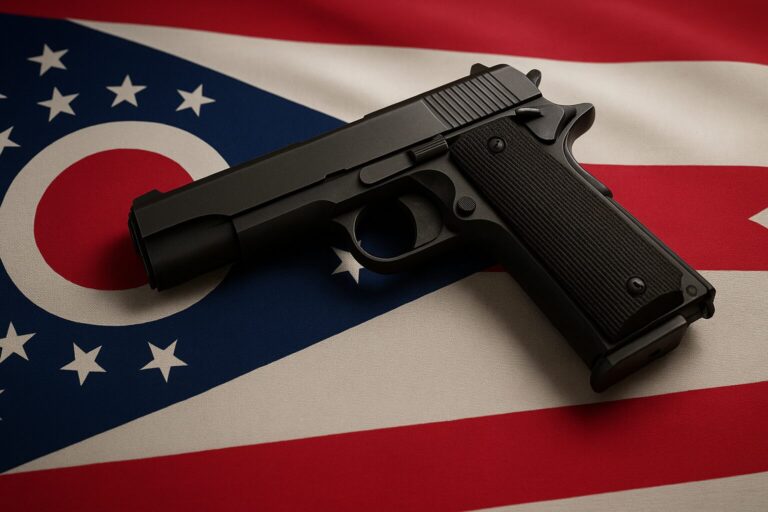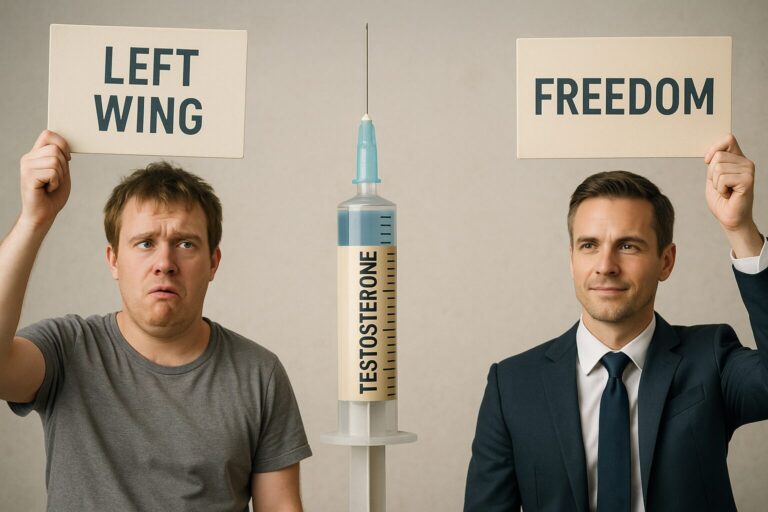
By Sandro Christovam Bearare
With the firearms training market in Brazil more stagnant than ever—a direct reflection of the country’s current political moment—we are living through a timely pause. A pause that finally allows us to more clearly analyze who has truly contributed to building a technical and safe culture, and who has merely occupied space with vanity, marketing, and superficiality.
Over nearly 16 years leading ProPoint, a school specialized in instructor training, I’ve been able to observe clearly the two poles that divide this landscape. On one side, the terrible instructor. On the other, the ethical, technical professional truly committed to the mission of teaching.

The Terrible Instructor: Inflated Ego, Absent Technique
The terrible instructor is a character. He loves the spotlight. He tells outlandish stories. He dresses with exaggeration—not that wearing black is inherently problematic, but rather the excessive use of full tactical uniforms, from head to toe, in courses where such attire is completely unjustified. There are exceptions, of course, but the general trend is theatricality.
He sees himself as an operator on a battlefield. He believes he is training mega tactical soldiers, as if all his students were about to embark on an international mission upon course completion. He uses words like “tactical,” “SWAT,” “knife in the skull,” “mocorongo,” “rookie,” “combat,” and other buzzwords.
But when it comes to teaching, he fails. He has no lesson plan. He doesn’t study methodology. He ignores science, despises pedagogy. He talks a lot about himself, but very little about the content. Some even avoid shooting alongside students, afraid to expose their own lack of skill. Others shoot excessively, trying to turn the course into a personal show.
His promotional material emphasizes combat aesthetics: dark filters, banners with explosions, videos that resemble action movie trailers more than real classes. His certificates look like special forces manuals, filled with technical English terms and inflated titles.
The training background of this type of instructor is usually weak: few in-person courses, lots of YouTube, some sports experience or shallow military service. Still, he presents himself as the ultimate authority on the subject. And worst of all: he produces disciples, not students. He replicates poorly grounded techniques. He reinforces dangerous habits. And in doing so, puts lives at risk.
The Great Instructor: Ethics, Preparation, and Humanity
By contrast, the great instructor is discreet. His focus is not on himself but on the student. He is constantly studying. Testing. Comparing. Updating. He has solid technical training, but also a background in pedagogy. He masters andragogy. He structures lesson plans with realistic progression. He knows how to adapt his language to different audiences. He avoids jargon. He seeks clarity.
This professional understands that being an instructor isn’t just about demonstrating technique, but about developing people. He doesn’t need to be aggressive to assert himself. His leadership comes from the confidence he transmits, the logic he presents, the humility with which he shares what he knows.
He prepares each lesson with care. He knows what he will teach, why he will teach it, and how that content can best be absorbed. He is aware that each student has a unique path, and that teaching also means adjusting.
The great instructor is human. Attentive. Ethical. He values his trainees’ progress. He doesn’t train soldiers—he trains prepared citizens. He turns technique into a bridge to real knowledge, not a vanity spectacle.
The Profile Matters—A Lot
What separates the terrible instructor from the excellent one is not just the résumé. It’s the posture. The intent. The ethics. The respect for the mission of training someone to handle a lethal tool. One seeks the spotlight. The other, responsibility. One creates followers. The other, conscious shooters.
This text comes at the right time. This month, I celebrate 16 years coordinating and training instructors. It is a great honor to lead ProPoint, which I consider today one of—if not the—schools with the highest technical level and consistency in quality for instructor training in Brazil.
If there is one thing I’ve learned on this journey, it’s that the true instructor is the one who places the student at the center, who teaches with purpose, prepares with method, and leads with humility. And fortunately, many of them are still out there. You just have to know how to choose carefully.
Good courses, good shooting—and above all, good training. Because teaching firearms is, above all, a moral responsibility.
Sandro Christovam Bearare
Specialist in firearms, shooting, and self-defense, with over 15 years of experience in the tactical training and security sector. Author of several works on personal security, self-defense, and urban combat. Speaker and strategic consultant in risk management and personal protection.
LinkedIn
Visit Sandro Christovam Bearare’s academic profile on Google Scholar for peer-reviewed articles on security, self-defense, artificial intelligence, firearms, psychopedagogy, and emerging technologies applied to professional training and personal defense.







